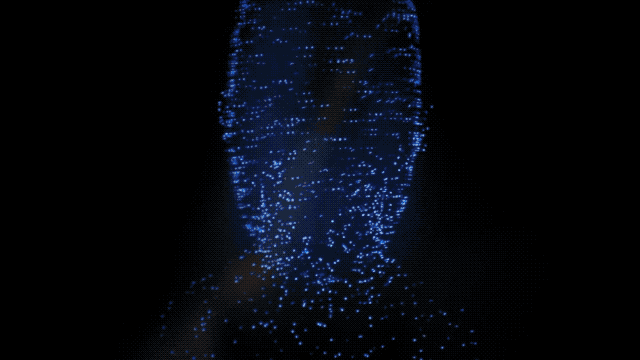Tobii is a company from Switzerland. This company is mainly working on Eye tracking and Eye movement control technology. Their technologies can be founded in a lot of new computer systems. Their collaboration with Windows helped a lot of disabled people, giving people a new way of typing and using computers.
Recently, Tobii published its new generation of Tobii Aware. The new Tobii Aware could connect with the Windows Hello, which is the face id login system. When users leave their desk and not using the computer, the Tobii Aware will make the screen blurry and even automatically lock the screen. Thus, other people will not able to peek the users’ screens and still their personal information. Also, people can set lock the screen function to sleep mode, which will help to save more battery when the computer is not been using.
Also, the eye-tracking technology will also provide the ability to help the user bring the page to another screen. This will help people to work more efficiently.
Besides that, Tobii Aware also updates the healthy function, which will show the user the screening using time, the distance from the screen, and the notification for the user to take a break.
Preference:
Henderek, David, and David Henderek. “The Aware Device.” Official Eye Tracking Blog, Official Eye Tracking Blog, 26 Apr. 2019, blog.tobii.com/tobii-aware-software-intuitive-smart-pcs-26fcb7e9f695.

TTttThis is a really interesting piece of technology, as I can see it serving several purposes. Security is one of the most important aspects of technology, and too much security can never really be a bad thing. With this eye tracking technology, it would greatly limit the amount of screen peeking that goes on, in turn keeping everybody more secure. I could see this presenting some problems, however, if for some reason the technology failed and either let the wrong people screen peek, or didn’t let the owner of the computer see their own screen.
I think that the part you touched on towards the end is the real potential of this technology, by tracking your eyes and bringing you to the next page. This would improve efficiency tremendously with computers, making navigation much easier. If I could click a particular link by just looking at it, or advance to the next screen by looking to the right, that would be pretty cool. A potential negative about this would be with accidental head movements/eye contact. Your computer advancing to the next screen when you didn’t want it to, just because you thoughtlessly looked to the right, that would be very frustrating.
Eyetracking.com discusses an extremely interesting possibility with this technology that relates to customer analysis in stores. Here, they talk about having these cameras in the aisles in stores, and they would be able to track customer’s eyes and tell the company’s how often customers looked at their products. This would give them a great deal of information on things like customer interest and location on shelves, and would be a great resource to have.
Reference:
EyeTracking, Inc The Home of Eye Tracking. “SERVICES.” Marketing Research, http://www.eyetracking.com/Services/Marketing-Research.
I wonder if this type of technology would be used more in the future. For example, maybe this product can be used in companies that deal a lot with statistics and number crunching. This could possibly help take a snapshot of the datasheet and compute the numbers into what one is looking to complete. This could also potentially transition from computers to phones in the future.